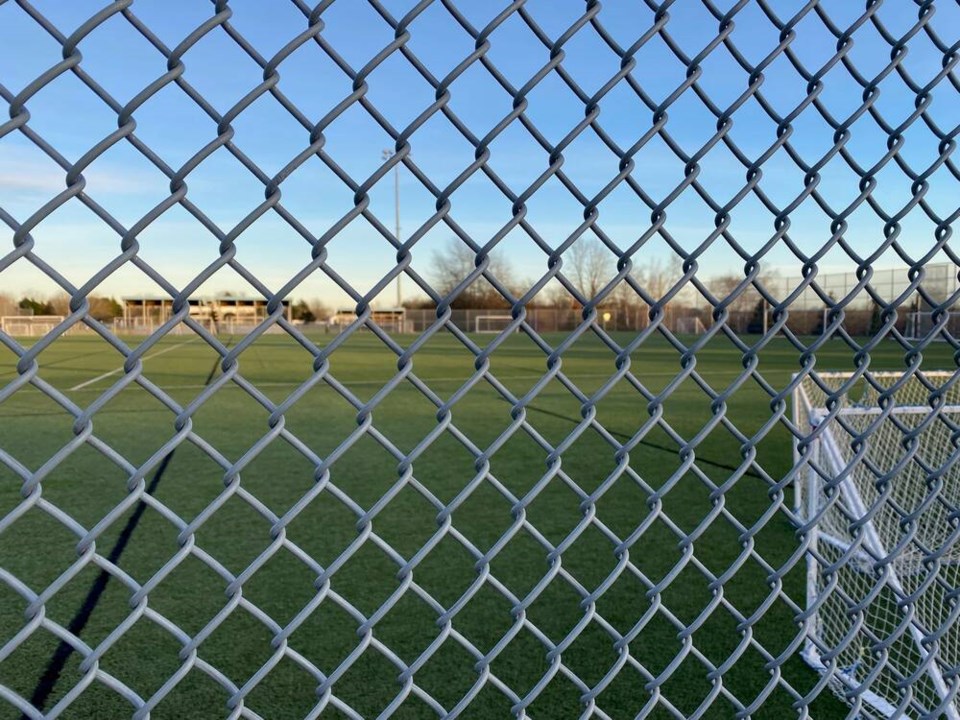The City of Delta currently has no plan to implement an additional new bylaw, or tweak current bylaws, to specifically ban open use of small amounts of illegal drugs in public, choosing instead to monitor the situation and rely on existing regulations.
That’s according to city manager Sean McGill, following BC United MLA for Richmond North Centre Teresa Wat recently delivering a statement in the House on what she described as the government’s failure to implement decriminalization without more supports for communities and municipalities, highlighting the “urgent need to address the open consumption of illicit drugs in public spaces.”
Several municipalities have voiced concerns and some are looking into adjusting their bylaws to specifically ban open use of small amounts of illegal drugs.
McGill told the Optimist that staff have had preliminary discussions with council about the new, temporary Health Canada exemption for possession of small amounts of certain illegal drugs in B.C. and are monitoring the impact of the changes, but at this time don’t feel the city needs to make any amendments to existing bylaws.
The federal government last year announced that B.C. would be granted a three-year exemption under the Controlled Drugs and Substances Act to remove criminal penalties for those who possess a small amount of drugs for personal use.
The exemption is in effect from Jan. 31, 2023, to Jan. 31, 2026.
The substances remain illegal, but adults who have 2.5 grams or less of the certain illicit substances for personal use will no longer be arrested, charged or have their drugs seized.
McGill said Delta’s Smoking Regulation Bylaw prohibits “smoking” of any consumable substance or material in parks and on municipal property. Accordingly, smoking cannabis or any other drug is already prohibited in a number of locations in Delta, regardless of the new Health Canada exemption.
The City of Campbell River earlier this year passed a bylaw prohibiting the consumption of controlled substances at any city facility, highway, park or public space, without consulting with public health, but a subsequent jurisdictional challenge by Pivot Legal Society resulted in the city repealing its bylaw, McGill said.
“Based on discussions with our bylaws staff and the Delta Police Department, we know that Delta‘s experience with open drug-use, needles in parks, etc. is not necessarily the same as some other Metro Vancouver municipalities. Staff will continue to monitor changes arising from the exemption and developments in other municipalities across the region and make recommendations to Delta council as and when required,” said McGill.
At a Delta Police Board meeting earlier this year, Staff Sgt. Jill Long explained officers have started undergoing what will be several phases of training when it comes to the decriminalization and interacting with those carrying small amounts of drugs.
The training will continue throughout the three-year exemption period.
On the issue of open public consumption of drugs, a potentially unintended consequence, exceptions include school premises, while existing bylaws are being reviewed that may address public consumption in the same manner as alcohol, tobacco and cannabis, she explained.
Long said other legislated offences could be available, such as intoxication in public, to potentially address public consumption.
She said the province is also working with stakeholders and private licensed establishments to address the exemption.




